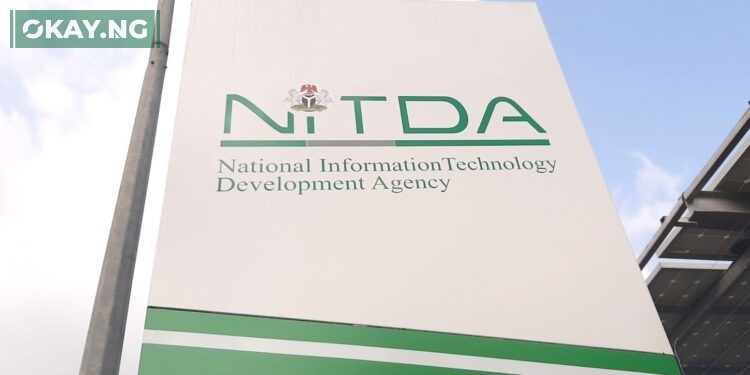The National Information Technology Development Agency (NITDA) has unveiled the draft Technical Standards for Digital Public Infrastructure (DPI), inviting public participation in a crucial consultation process. This initiative marks a pivotal moment in Nigeria’s journey to construct an inclusive, secure, and interoperable digital ecosystem, poised to revolutionize public service delivery and drive economic growth nationwide.
The foundation for this transformative vision was laid with the launch of the Digital Public Infrastructure Framework on March 4, 2025, by the Federal Ministry of Communications, Innovations, and Digital Economy. Now, with the release of the draft technical standards, Nigeria is moving from conceptualization to implementation.
“This framework is designed to provide a structured blueprint for the development and deployment of Nigeria’s DPI,” explains NITDA, emphasizing the document’s role in streamlining government digital platforms. It outlines essential technical requirements, industry best practices, and integration techniques to ensure seamless interoperability, robust cybersecurity, and operational efficiency.
Key Components and Objectives
A cornerstone of this framework is the establishment of the Nigerian Digital Public Infrastructure Centre (Ng-DPIC), which will serve as the national implementation office. This center is tasked with coordinating the development, education, research, and knowledge-sharing efforts vital for a resilient and citizen-focused DPI ecosystem.
The draft standards address the integration of critical sector-specific DPI components, including digital identity systems, payment platforms, and data exchange frameworks. They also underscore the importance of robust participation from both public and private stakeholders in building Digital Public Goods (DPGs) on foundational digital platforms.
Specifically, the draft standards aim to:
- Enhance Interoperability: Enable seamless communication between platforms and agencies.
- Ensure Data Security and Privacy: Protect citizen data in compliance with global standards.
- Promote Accessibility and Usability: Design inclusive platforms for all demographics.
- Define Performance Benchmarks: Ensure system reliability and scalability.
- Foster Governance and Compliance: Provide clear guidelines on accountability.
- Encourage Innovation: Support open-source solutions and responsible usage.
- Standardise Testing Practices: Implement reliable methods for system validation.
A Call for Public Participation
NITDA stresses that the draft standards are the result of extensive research and consultations with local and international stakeholders, aligning with global best practices and Nigeria’s developmental ambitions. As someone who has watched the digital landscape evolve over the past five years, I understand the critical importance of public input at this stage.
“The draft document is available for review on our website. Stakeholders are encouraged to submit their comments and suggestions in writing to: [email protected] by May 8, 2025,” the agency stated. This invitation underscores the government’s commitment to a collaborative approach in shaping Nigeria’s digital future.
The Impact on Nigeria’s Future
The operationalization of Nigeria’s DPI is expected to unlock the full potential of the digital economy, delivering sustainable and inclusive development for all Nigerians. By establishing clear technical standards and fostering collaboration, Nigeria is taking decisive steps towards a more connected and efficient future. This initiative has the potential to transform how citizens interact with government services, how businesses operate, and how innovation flourishes.












